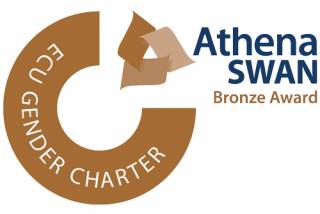A one-day student-led conference on Narcissism to be held on Friday 17 November 2017 in the Institute of Advanced Studies Common Ground.
The myth of Narcissus has exerted a powerful fascination for many centuries. It tells of a beautiful youth who falls in love with his own reflection and becomes incapable of doing anything but gaze at himself, until he dies of frustrated longing. The myth was appropriated by Greek and Roman philosophers to discuss the subject of self-knowledge. Narcissus is deceived by his reflection into believing that he is looking at someone else, and some ancient thinkers considered this a metaphor for ignorance and how people can mistake image for reality, attaching significance to the wrong things. The Roman philosopher Seneca, who makes a connection between mirrors and self-absorption, raises the question of whether technology has made us more self-obsessed or if such technology was invented because of our inherent self-love. For Freud, the story helped define self-love as the universal and original state of human beings, which could potentially become a malady of the mind.
Recently, narcissism has become a catchphrase in socio-political discourse, in relation to social media, 'selfies' and the so-called 'millennials'. There has been a sharp rise in diagnoses of Narcissistic Personality Disorder (NPD), and numerous studies seek to correlate the increase in NPD to the ubiquity of social media. It may be beneficial to locate this current interest in narcissism within a broader historical framework, and incorporate perspectives from various disciplines (classics, philosophy, psychology, anthropology, sociology and gender studies, among others), in order to develop a more nuanced understanding of this multifaceted issue.
Confirmed speakers: Carl Gombrich (BASc), Maria Wyke (Greek and Latin) and Tim Beasley-Murray (SSEES).
Staff and postgraduate (MA/PhD) students from all disciplines across UCL are invited to send abstracts of c. 300 words to both of the organisers: Rithu Fernando and Manuela Irarrázabal.
Deadline for abstracts: 20 October 2017
- Further details can be found on the IAS website
- Sign up with Eventbrite
 Close
Close



